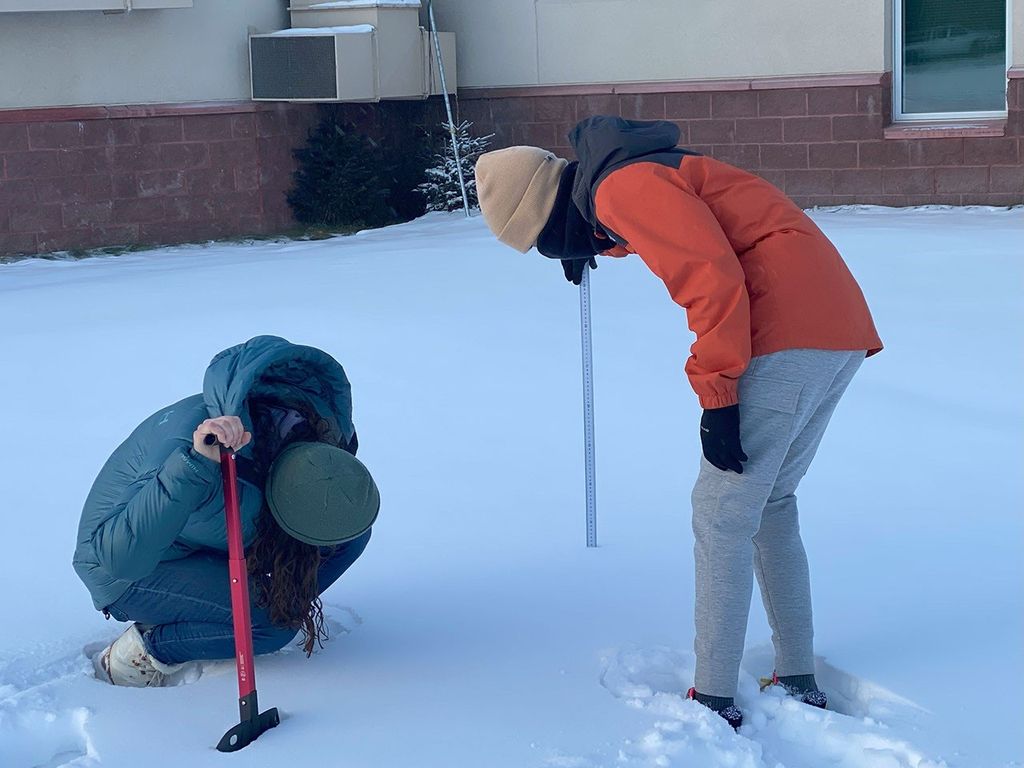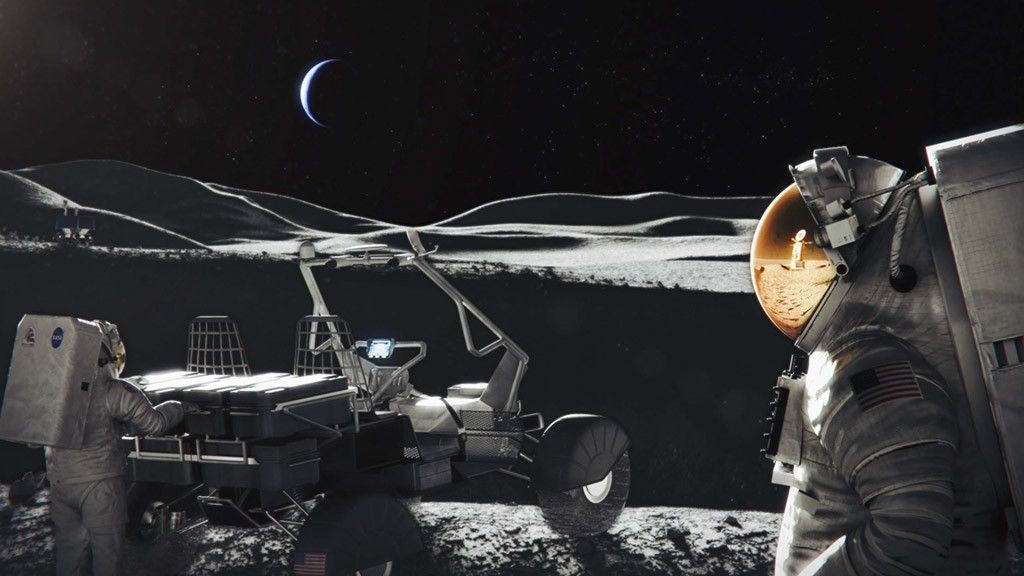NASA and the French space agency Centre National d’Études Spatiales (CNES) have agreed to jointly build, launch, and operate a spacecraft to conduct the first-ever global survey of Earth’s surface water and to map ocean surface height with unprecedented detail.
NASA Administrator Charles Bolden and CNES President Jean-Yves Le Gall signed an agreement Friday at NASA Headquarters in Washington to move from feasibility studies to implementation of the Surface Water and Ocean Topography (SWOT) mission. The two agencies began initial joint studies on the mission in 2009 and plan to complete preliminary design activities in 2016, with launch planned in 2020.
“With this mission, NASA builds on a legacy of Earth science research and our strong relationship with CNES to develop new ways to observe and understand our changing climate and water resources,” said NASA Administrator Charles Bolden. “The knowledge we’ll gain from SWOT will help decision makers better analyze, anticipate, and act to influence events that will affect us and future generations.”
SWOT is one of the NASA missions recommended in the National Research Council’s 2007 decadal survey of Earth science priorities. The satellite will survey 90 percent of the globe, studying Earth’s lakes, rivers, reservoirs and ocean to aid in freshwater management around the world and improve ocean circulation models and weather and climate predictions.
This new agreement covers the entire life cycle of the mission, from spacecraft design and construction through launch, science operations, and eventual decommissioning. NASA will provide the SWOT payload module, the Ka-band Radar Interferometer (KaRIn) instrument, the Microwave Radiometer (MR) with its antenna, a laser retroreflector array, a GPS receiver payload, ground support, and launch services.
CNES will provide the SWOT spacecraft bus, the KaRIn instrument’s Radio Frequency Unit (RFU), the dual frequency Ku/C-band Nadir Altimeter, the Doppler Orbitography and Radiopositioning Integrated by Satellite (DORIS) receiver package, satellite command and control, and data processing infrastructure.
NASA and CNES began collaborating on missions to monitor ocean surface changes in the 1980s. From the TOPEX/Poseidon mission launched in 1992 to the Jason-1 mission launched in 2001 to the Jason-2/Ocean Surface Topography Mission launched in 2008, the collaboration has produced critical information on sea-level rise as well as El Niño causing world-wide impact.
The SWOT mission will use wide swath altimetry technology to produce high-resolution elevation measurements of the ocean surface and the surface of lakes, reservoirs, and wetlands. A more complete inventory of Earth’s lakes and the changing amount of water they hold will yield improved assessments of how climate-induced changes can impact freshwater resources worldwide. Only 15 percent of lakes around the world are currently measured from space. SWOT will inventory a majority of medium to large lakes as well as the discharge volumes of rivers.
SWOT will be able to measure the ocean’s surface with 10 times the resolution of current technologies. This will allow scientists to study small-scale features that are key components of how heat and carbon are exchanged between the ocean and atmosphere. The higher resolution of SWOT observations also will enable researchers to compute the velocity and energy of ocean circulation. A better understanding of small-scale ocean currents and eddies is also important to impacts on coastal regions such as navigation, erosion and dispersing pollutants.
For more information on the SWOT mission, visit:
http://swot.jpl.nasa.gov
NASA and its partners monitor Earth’s vital signs from land, air and space with a fleet of satellites and ambitious airborne and ground-based observation campaigns. NASA develops new ways to observe and study Earth’s interconnected natural systems with long-term data records and computer analysis tools to better see how our planet is changing. The agency shares this unique knowledge with the global community and works with institutions in the United States and around the world that contribute to understanding and protecting our home planet.
For more information about NASA’s Earth science activities in 2014, visit:
https://www.nasa.gov/earthrightnow
-end-
Dwayne Brown
Headquarters, Washington
202-358-1726
dwayne.c.brown@nasa.gov
Alan Buis
Jet Propulsion Laboratory, Pasadena, Calif.
818-354-0474
alan.buis@jpl.nasa.gov




























